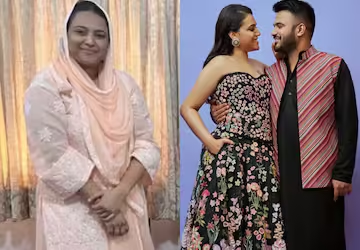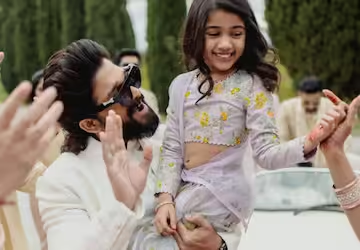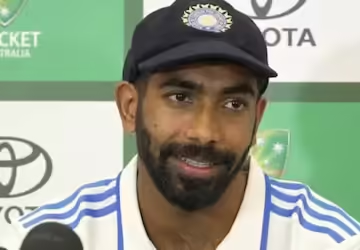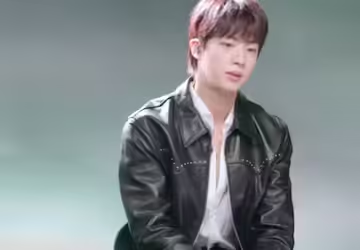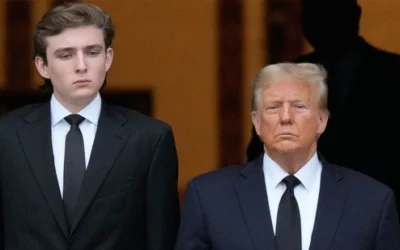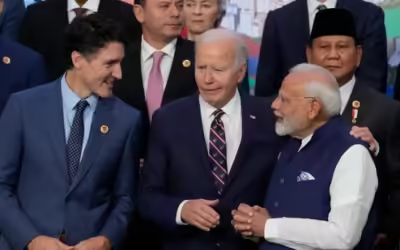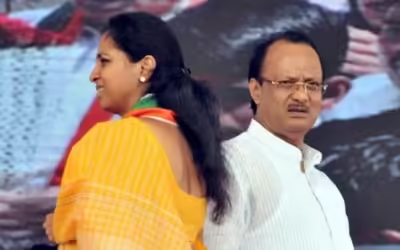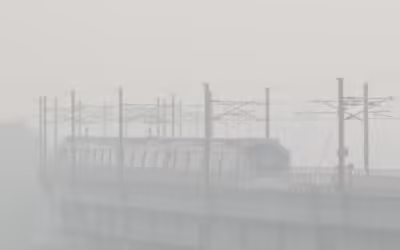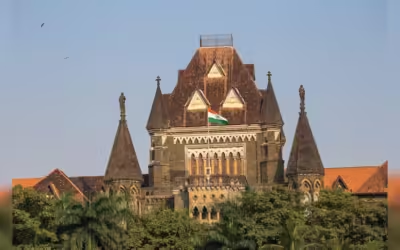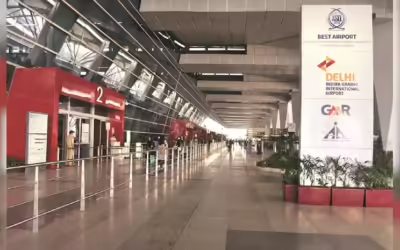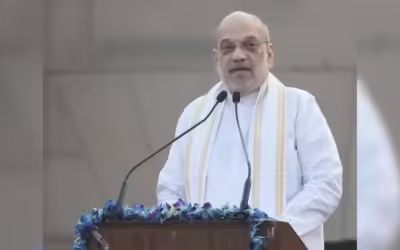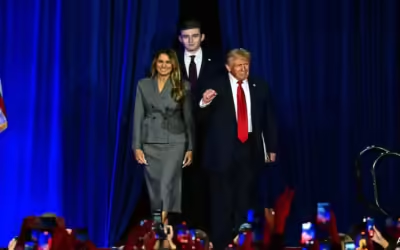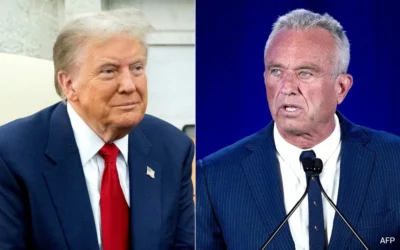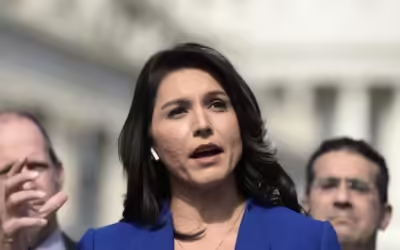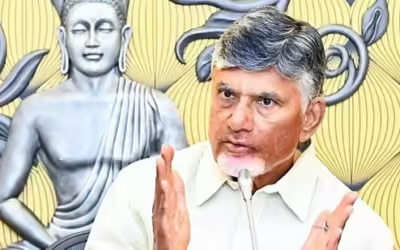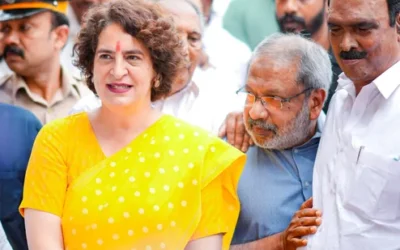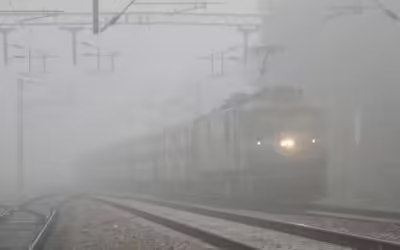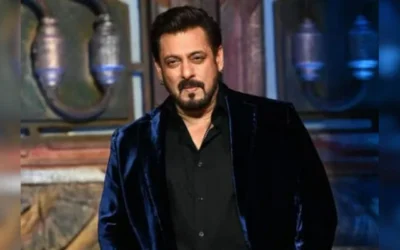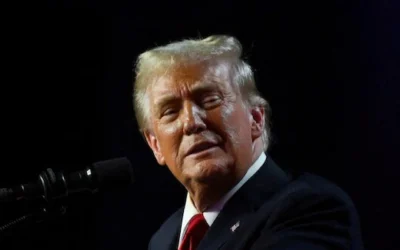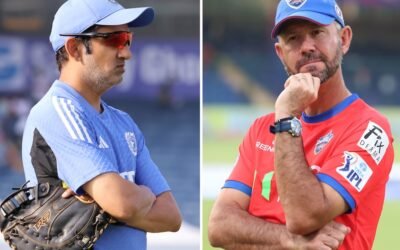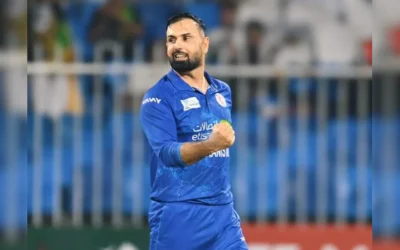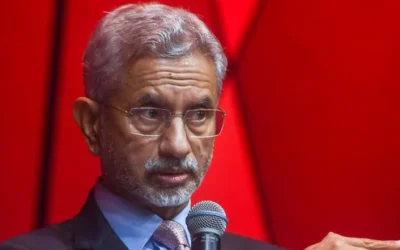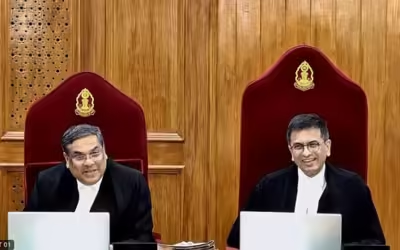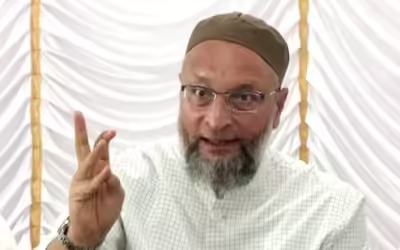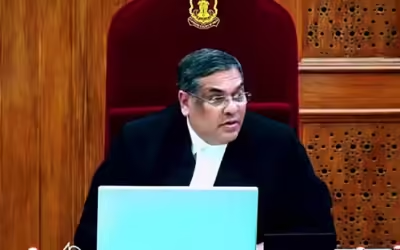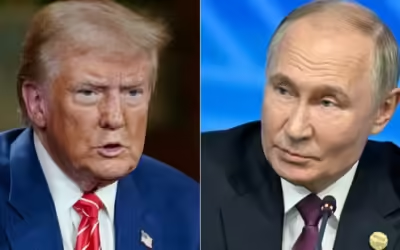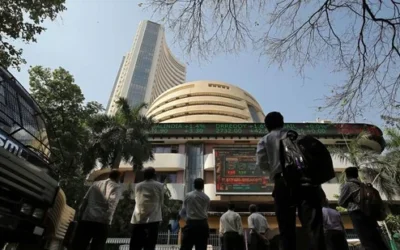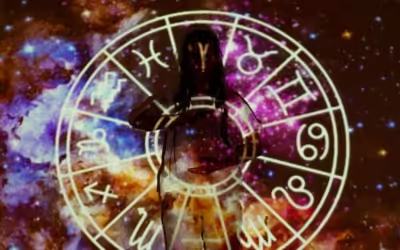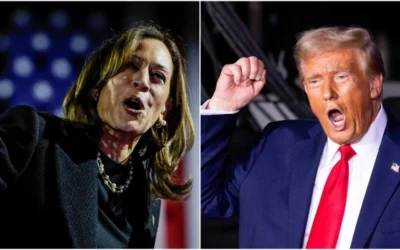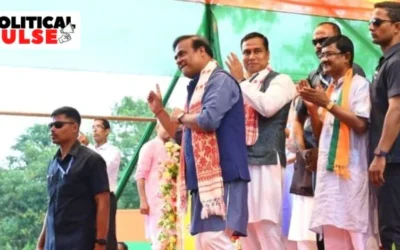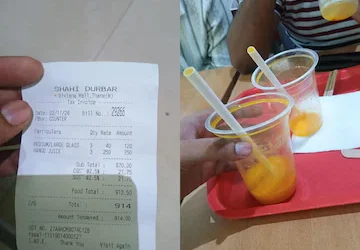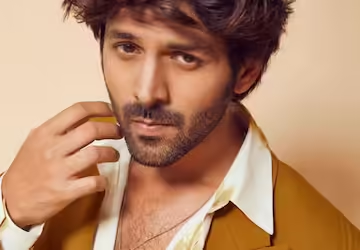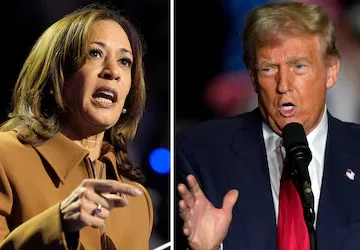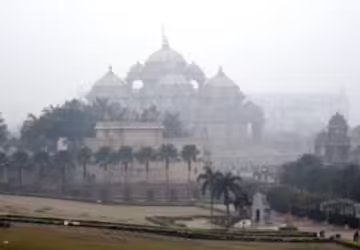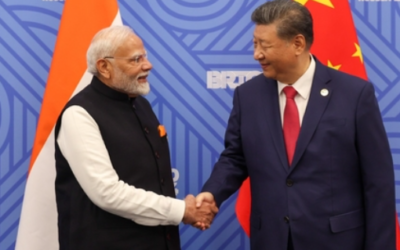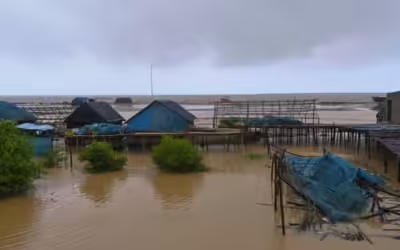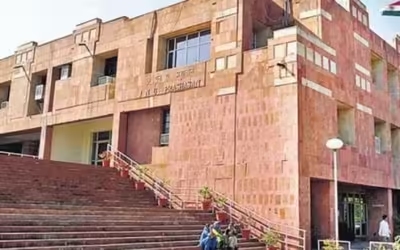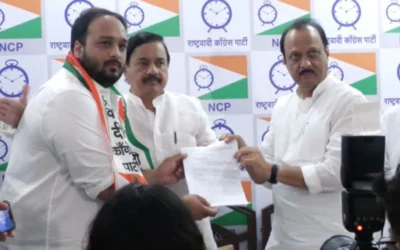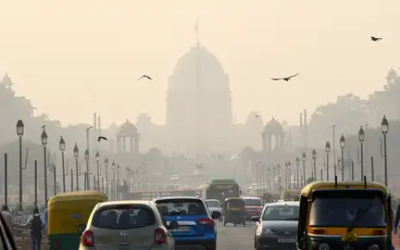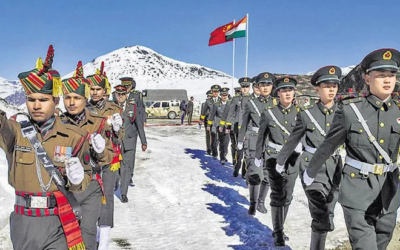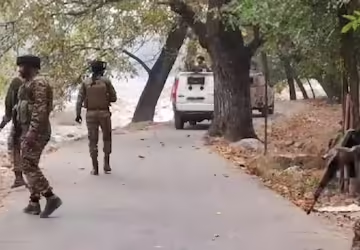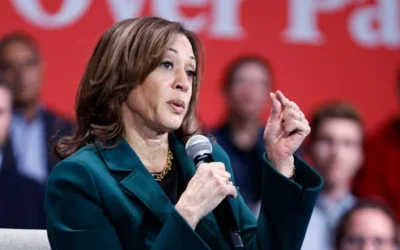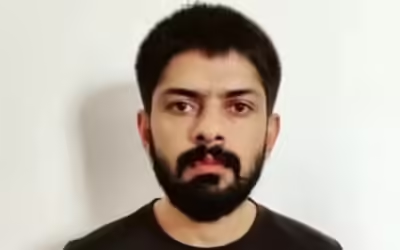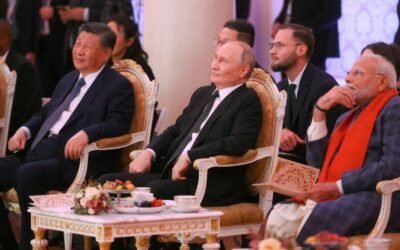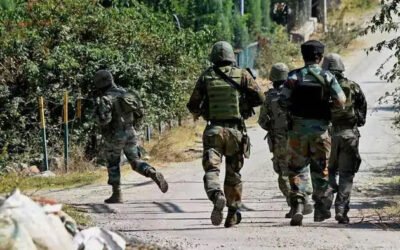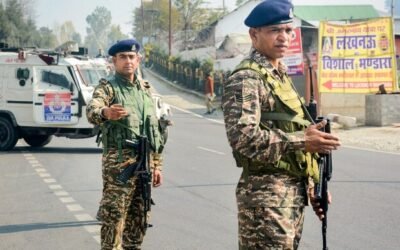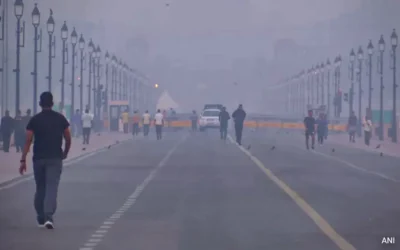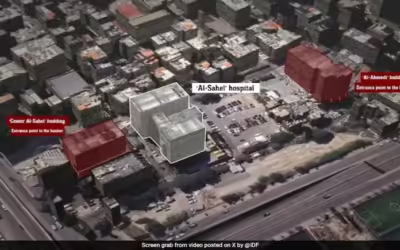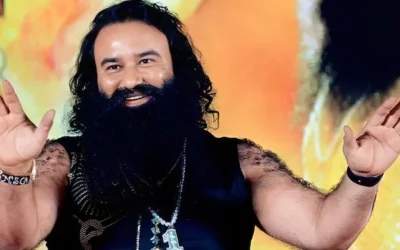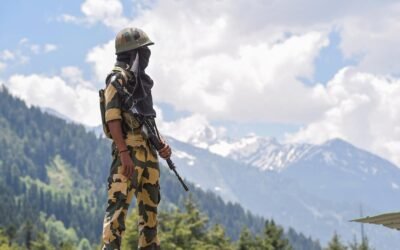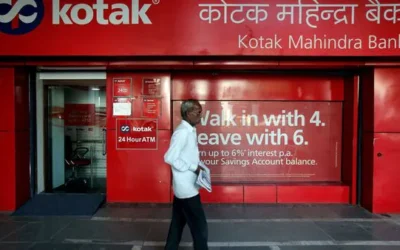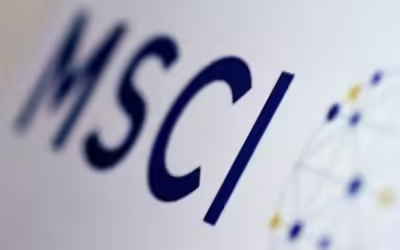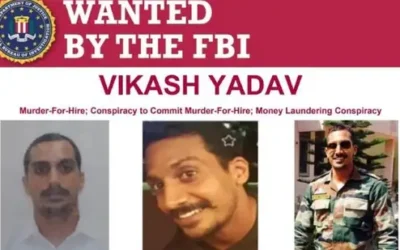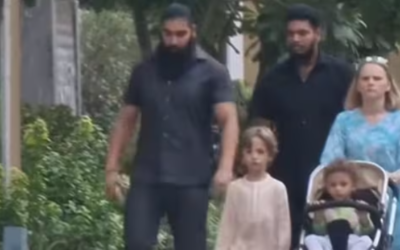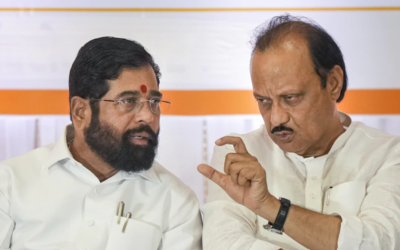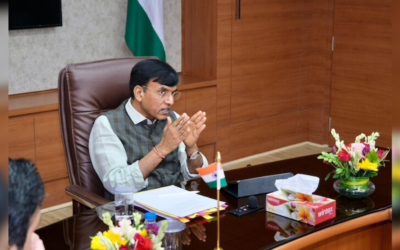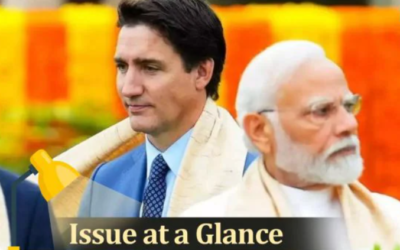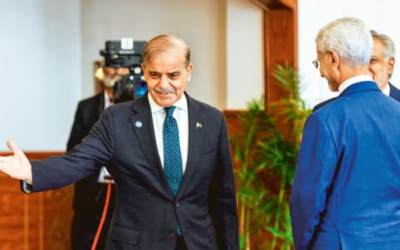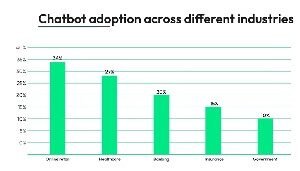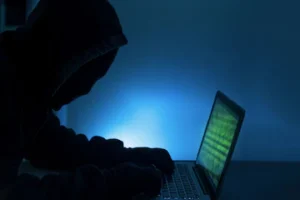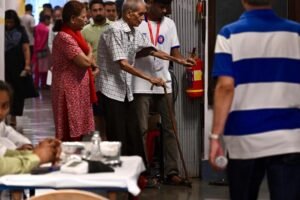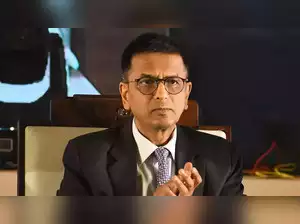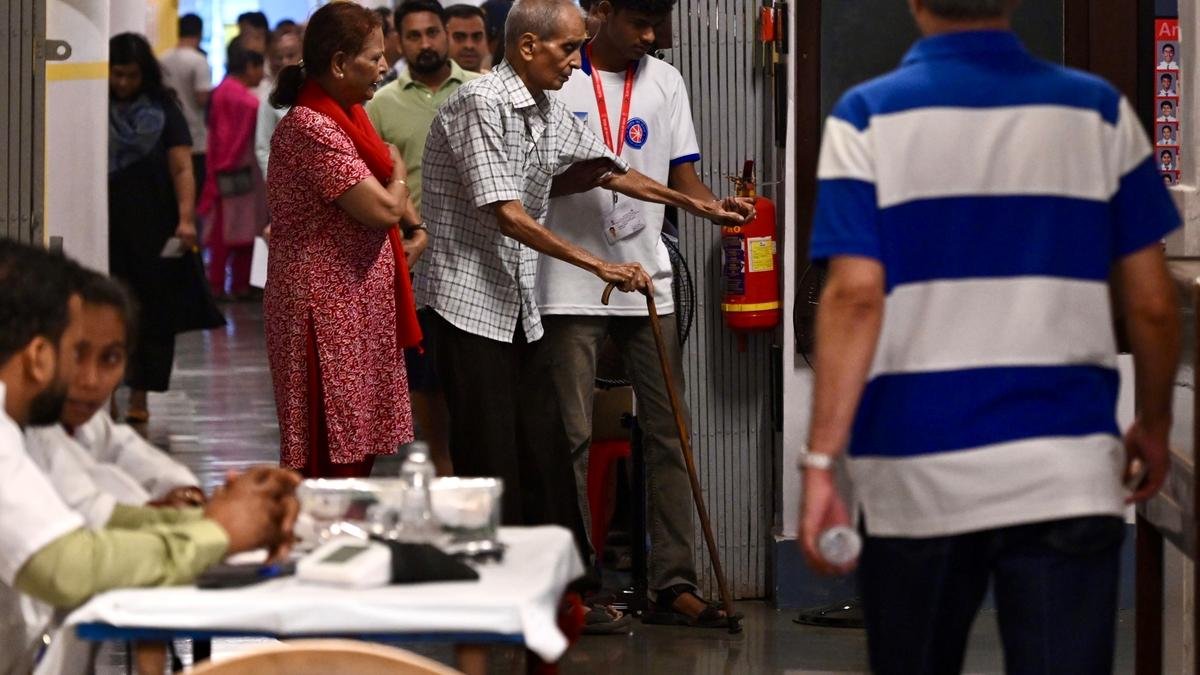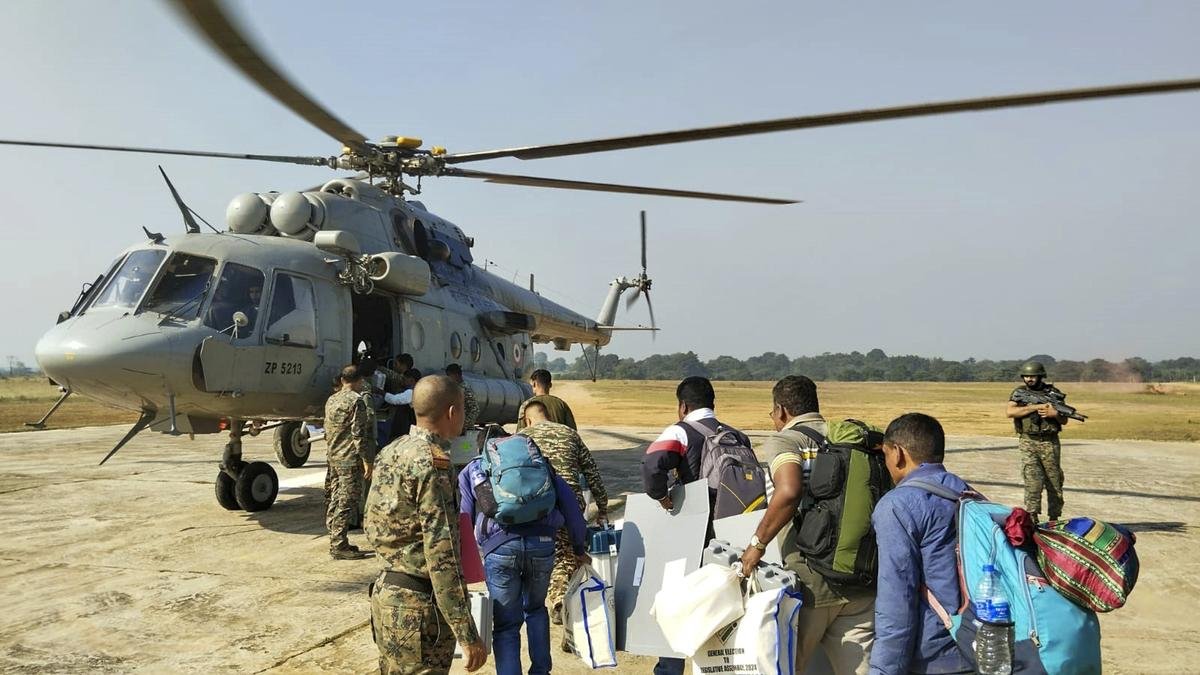Synopsis
Dr. Udit Raj, a prominent figure in Congress, expressed apprehensions regarding Chief Justice D.Y. Chandrachud’s emphasis on seeking a resolution through prayers for the Ayodhya-Babri Masjid land dispute. He contended that if the Chief Justice had directed his prayers towards other urgent matters, they might have been resolved more effectively.
Dr. Udit Raj, a member of Congress, expressed reservations about Chief Justice D.Y. Chandrachud’s emphasis on praying for a resolution to the Ayodhya-Babri Masjid land dispute. He contended that if the Chief Justice had directed his prayers towards other urgent matters, they too could have been addressed.
Dr. Udit Raj, a prominent member of Congress, ignited a discussion through a recent post on social media concerning Chief Justice D.Y. Chandrachud’s remarks regarding prayers for the Ayodhya-Babri Masjid land dispute.
Raj pointed out that had the Chief Justice prayed for addressing other urgent matters, such as ensuring justice for common citizens without monetary hurdles or preventing the abuse of authorities like the Enforcement Directorate (ED), Central Bureau of Investigation (CBI), and Income Tax Department (IT), these issues could have been tackled as well.
After CJI Chandrachud stated on Saturday that he had personally sought divine intervention at his home to resolve the long-standing Ram Janmabhoomi-Babri Masjid dispute, the case was presented before a panel headed by Justice Ranjan Gogoi, with Chandrachud serving as one of the justices.
In a post on X, the former IRS officer stated that Chief Justice Chandrachud ji expressed praying to God for the resolution of the Ayodhya matter. The officer added that if prayers had been made for other issues, similar successful resolutions could have been achieved, enabling common people to access justice from the High Court and Supreme Court without financial barriers. Furthermore, the officer highlighted that the misuse of enforcement agencies such as the ED, CBI, and IT would have been curtailed.
The long-standing Ram Janmabhoomi-Babri Masjid conflict, which had been unresolved since 1822, saw its conclusion on 9th November with the Supreme Court’s decree to allocate the 2.77 acres for the construction of the Ram Temple by a trust. Additionally, the court mandated that the government provide an alternative 5 acres of land at a different location to the Uttar Pradesh Sunni Central Waqf Board for the construction of a new mosque to replace the Babri Masjid, which was torn down in 1992.
Justices S A Bobde, Ashok Bhushan, and SA Nazeer comprised the remaining individuals on the bench.
At a ceremony in his hometown of Kanesar in Pune, Chandrachud expressed, “Being appointed as the Chief Justice brought forth challenges. Often, we encounter perplexing cases for which solutions seem elusive. In the Ayodhya case, after pondering over it for three months, a centuries-old deadlock was finally addressed during my tenure. Alongside my judicial duties, I have long been devoted to worshipping God in my daily life.
